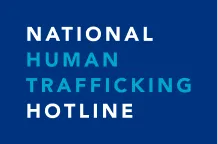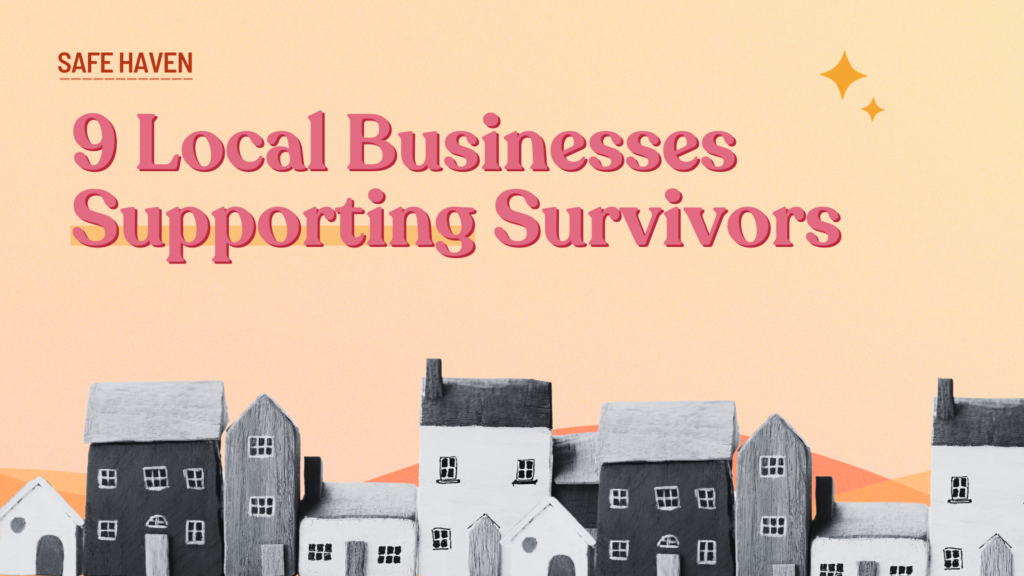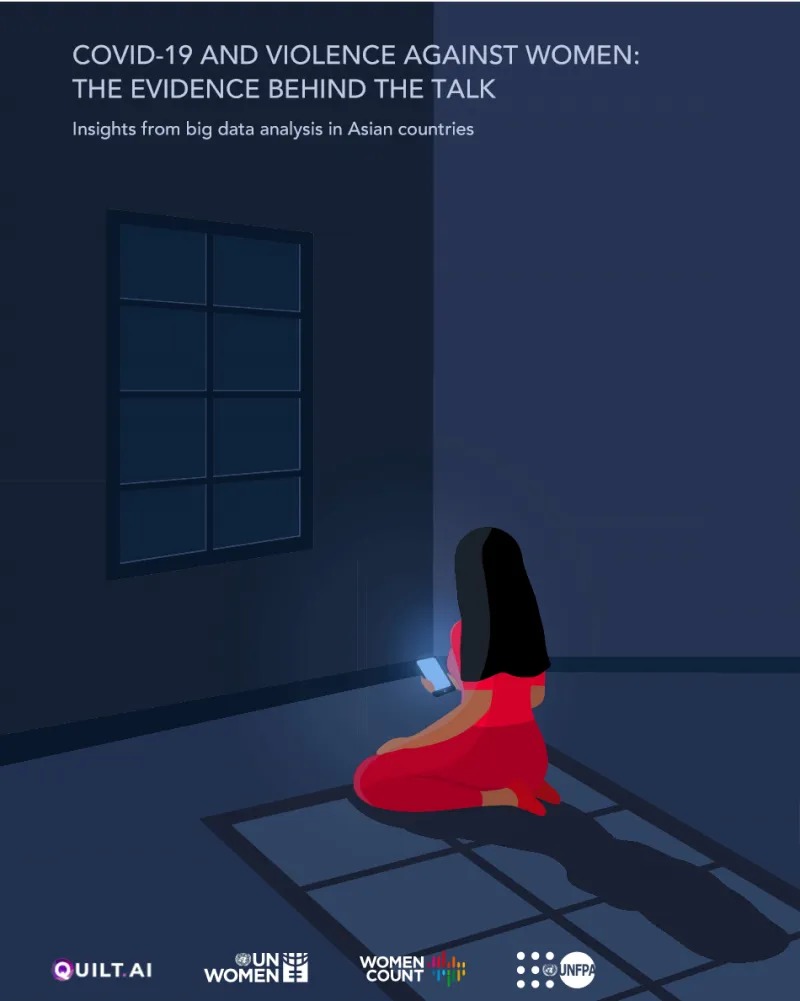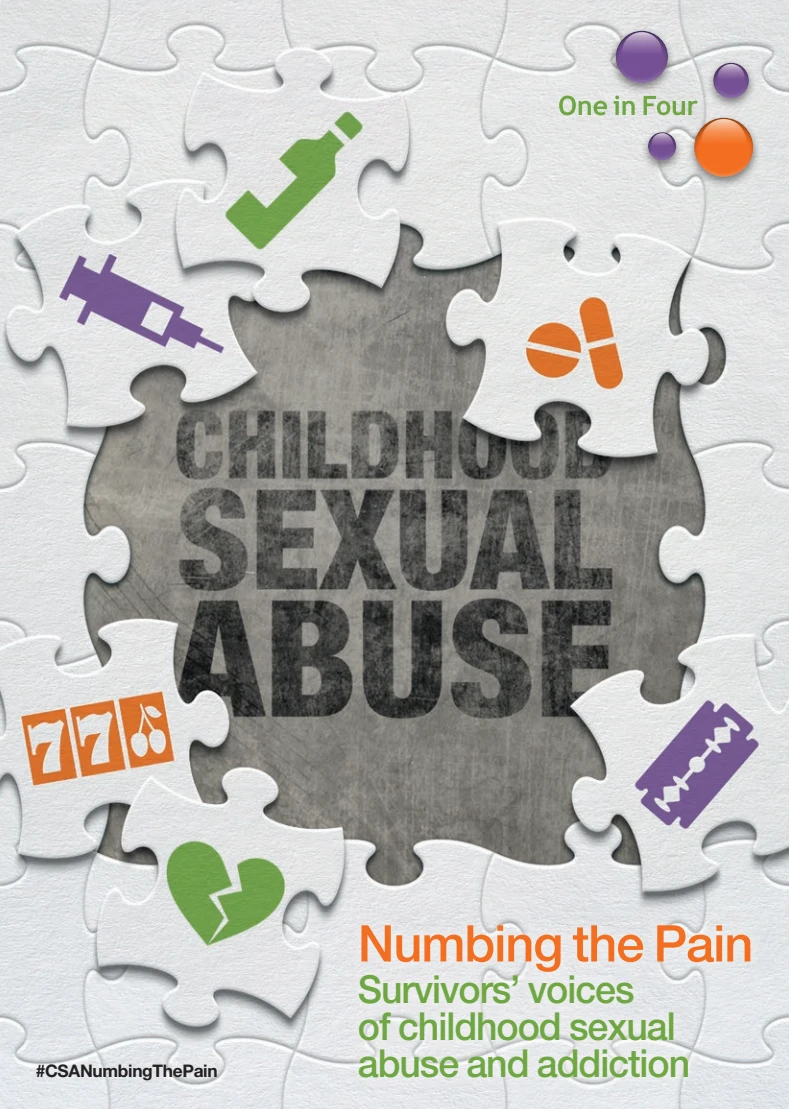ResourcesResources for Sexual Assault Survivors
Are you in immediate danger?
Please Call 9-1-1
Are you in emotional distress or suicidal crisis?
Please Call 9-8-8
If you or someone you know has been affected by sexual violence and are in need of counseling, legal action, or emergency shelter, please contact the numbers listed below:

National Sexual Assault Hotline:
a service of RAINN

National Domestic Violence Hotline:

National Child Abuse Hotline:
a service by Child Help

National Helpline for Male Survivors:
a service of 1in6

Department of Defense Safe Helpline:
a service for members of the U.S. military and their families, operated by RAINN for the Department of Defense

National Human Trafficking Hotline:
a service of Polaris

For Asian American, Pacific Islander (AAPI) Survivors - a service by Womankind

For Black Survivors - a service by Ujima

For Latine Survivors - a service by CLUES
Survivors’ FAQs
For many survivors of sexual violence, the realization that they are survivors does not come for days, weeks, months, or years after their assault or abuse. The term “sexual violence” is an all-encompassing, non-legal term that refers to crimes like sexual assault, rape, and sexual abuse. Sexual violence can take different forms, but one thing remains the same: it’s never the victim’s fault.
Please note that the legal definition of these crimes can vary from state to state. We recommend exploring RAINN’s State Law Database for more information.
The term sexual assault refers to sexual contact or behavior that occurs without explicit consent of the victim. Some forms of sexual assault include:
- Attempted rape
- Fondling or unwanted sexual touching
- Forcing a victim to perform sexual acts, such as oral sex or penetrating the perpetrator’s body
- Penetration of the victim’s body, also known as rape
Rape is a form of sexual assault, but not all sexual assault is rape. The term rape is often used as a legal definition to specifically include sexual penetration without consent. To see how your state legally defines rape and other forms of sexual assault, visit RAINN’s State Law Database.
It’s hard to know what to say or do after you’ve been assaulted, but we want you to know that you are not alone and it was not your fault.
- First, make sure you’re in a safe place. Reach out to someone you trust for support.
- Do not wait to seek urgent medical care if you need it.
- Call a crisis hotline (above) to help assess your options and connect you with local service providers. They can also assist with reporting anonymously, if that’s what you’d like to do.
- You can report an assault at any point. The earlier you choose to do so, the easier it will be for police to investigate. Double check your state laws to determine if your state has a statute of limitations on sexual assault.
- Telling law enforcement helps preserve evidence, but it is not required.
- You can still get medical care, counseling, and a rape kit exam even if you choose not to go to law enforcement.
- You can also find help near you by visiting here.
Regardless of what you choose to do, know that you are not alone. We believe you and we stand with you.
Everyone’s healing journey is different. It takes time, but don’t give up and don’t get discouraged. At Rise, many of us have been where you are now. We stand with you, and we promise you it gets better. Here are some tips that get us through, every day.
- Give your trauma the space it needs to unravel.
- Feel your feelings without shame.
- Treat yourself with compassion.
- Remember that none of it was your fault.
- Journal, make art, do physical activities, and other forms of self-care.
- Seek professional help as soon as you are comfortable.
- Call on your support system.
- Make a list of your triggers to help recover your agency.
- Make a list of safe activities that you can turn to.
- Practice saying no in different contexts.Do all the things that make you feel happy and at peace.
- Practice positive messages and affirmations.
- Create a safe space or look for a Survivor Safe Haven near you.
- Get involved in your community and work towards change.
- Take it day by day, and remember to love yourself every step of the way.
Every 68 seconds, an American is sexually assaulted. It’s likely that you know someone who is a survivor, whether you’re aware of it or not. Survivors may have issues with mental health and can struggle with post-traumatic stress disorder (PTSD), depression, substance abuse, and/or anxiety. It’s important to extend as much grace as possible to others.
Here’s how you can be a good ally:
- Center survivor voices.
- Believe them when they share their stories.
- Be a respectful listener and demonstrate empathy.
- Suggest resources (but only if they are open to that).
- Create a safe space, being mindful not to joke about sexual violence.
- Place the blame where it belongs: the abusers.
- Read the room and be a proactive bystander.
- Call out bad behavior in your daily life.
- Educate yourself on the systemic issues around sexual violence (read more)
- Support organizations like Rise by donating.

Follow our journey
Subscribe to our newsletter to get insight on how we rise together to change the world.





